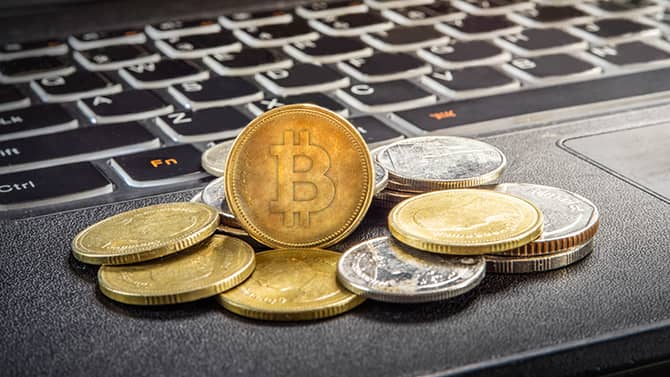What does virtual currency do?
- DDDOriginal
- 2024-04-16 16:48:161273browse
The main uses of virtual currency include: payment methods, investment tools, value storage, decentralized finance, games and entertainment, philanthropy, supply chain management, identity verification and prediction markets.

The purpose of virtual currency
Virtual currency is a digital asset, which is essentially a medium of exchange. Used for transactions and payments in a decentralized network.
Main uses:
- Payment method: Virtual coins can be used for online payment, remittance and purchase of goods or services.
- Investment Tools: Some virtual coins are considered investment vehicles due to their volatility and potential.
- Store value: Virtual currencies such as stablecoins are designed to be stores of value, with prices pegged to fiat currencies or real assets.
- Decentralized Finance (DeFi): Virtual currencies play a vital role in the DeFi field and can be used for lending, trading and investment.
- Games and Entertainment: Virtual coins are also widely used in the games and entertainment industries as a means of payment for the purchase of virtual goods and services.
- Charity: Virtual coins can be used to make charitable donations, providing transparency and fast transactions.
- Supply chain management: Virtual coins can be used to track and manage supply chain processes, improving efficiency and transparency.
- Authentication: Some virtual currency platforms use virtual currency as an identity verification mechanism to provide a more secure and convenient login experience.
- Prediction Market: Virtual coins can be used to predict future events, providing insights into market sentiment and trends.
The above is the detailed content of What does virtual currency do?. For more information, please follow other related articles on the PHP Chinese website!
Statement:
The content of this article is voluntarily contributed by netizens, and the copyright belongs to the original author. This site does not assume corresponding legal responsibility. If you find any content suspected of plagiarism or infringement, please contact admin@php.cn
Previous article:What are the formal platforms for virtual currencies?Next article:What are the formal platforms for virtual currencies?
Related articles
See more- Tether issues $1 billion USDT stablecoin on Tron and expands to DeFi protocol
- Figure Submits Application, Plans to Launch Interest-Bearing Stablecoin and Bid to SEC for FTX
- The market value of stablecoins exceeds US$140.9 billion! USDT and USDC performed well
- New Thoughts on Stablecoins: Learn to Coexist with Volatility
- An article to understand the risks of algorithmic stablecoins in detail?

